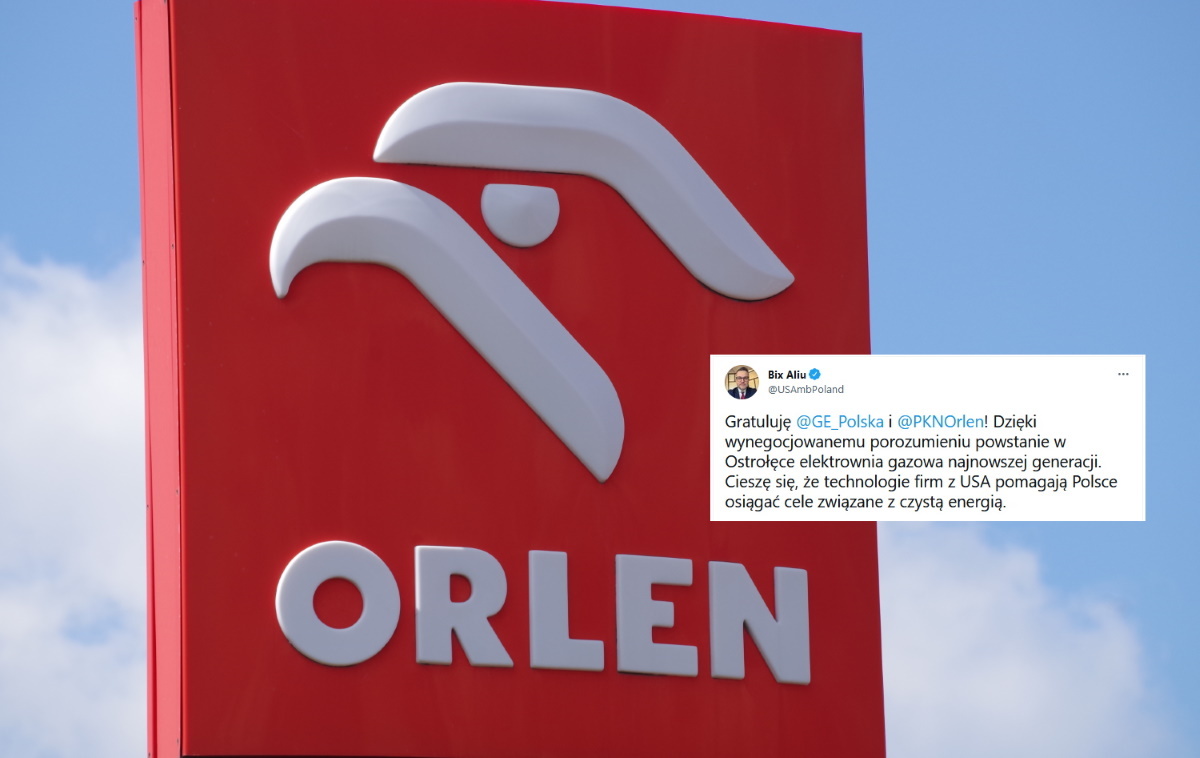Linux op M1 Apple Silicon
(Image: Linux.org)
Native support for M1 Macs is finally available in the Linux kernel. However, there are still many kinks in the cable. For example, there is currently no support for accelerated graphics support, but the start is there.
Linus Torvalds, the creator and principal developer of the Linux kernel came up with good news for Linux enthusiasts who want to use an M1 Mac. He announced that the latest Linux Kernel 5.13 update provides preliminary support for Apple Silicon. So it is now possible to run Linux natively on the new 24-inch M1 Mac, the M1 Mac mini and the latest MacBook Air and MacBook Pro.
Linux on your M1 Mac
Notably, the updated kernel also supports FreeSync over HDMI. In addition, certain security features are also supported, including Clang CF and Landlocked LSM.
:format(jpeg):background_color(fff)/https%3A%2F%2Fwww.onemorething.nl%2Fwp-content%2Fuploads%2F2021%2F05%2Fnew-imac-colors-copy-1200x630-c-ar1.91.jpg)
–
While the latest update doesn’t support accelerated graphics yet, the native kernel is great news. Especially for those who were dissatisfied with the performance of Linux on their M1 Mac through the Corellium Virtualization. Now that the official Linux kernel supports native Apple Silicon, developments will probably follow each other at a rapid pace. It will probably not be long before Linux can offer a full OS for M1 Macs.
Not perfect yet
Phoronix also announced the news, with a caveat. The tech site states that in this first Linux Kernel for M1 Macs there is still a lot to optimize and that there are “a lot of problems to solve”.
Remarkable complaint about Apple’s M1 iMac pops up more and more
And Windows? That’s a whole different story. It doesn’t seem like people can install that operating system on their M1 Mac without resorting to deep artifice. Windows 11 requires a fairly new Intel chip, manufactured in 2018 or later. In addition, support for Trusted Platform Module (TPM) 2.0 and a compatible motherboard is required.


Reply to article:
Linux now native on M1 Apple Silicon (but there are caveats)
–
–
–
Related posts: